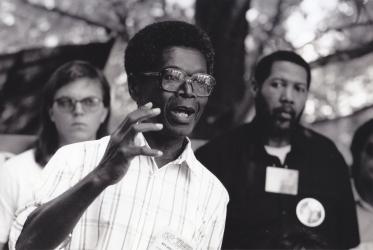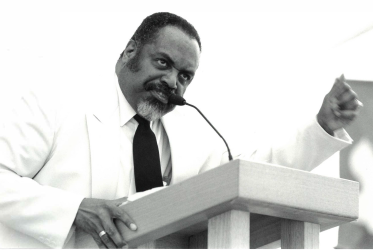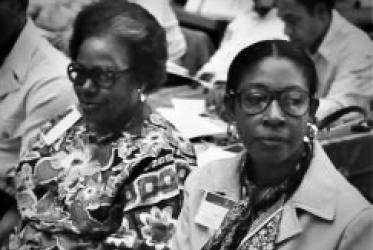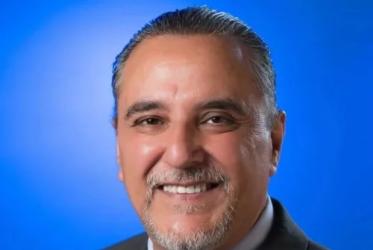It is with great sadness that the World Council of Churches received news about the passing away on 11th January 2017 of Prof. Dr Günther Gassmann, an outstanding theologian and ecumenist who shaped the work of the Commission on Faith and Order for 11 years.
Gassmann, born in 1931 in Thuringia (Germany), got in touch with the ecumenical movement already at young age in the then GDR through a pastor. But the crucial impetus for his later ecumenical thinking and involvement was during his studies at the University of Heidelberg through the noted Lutheran theologian Edmund Schlink, who was one of the official Protestant observers at the Second Vatican Council. Gassmann did his doctorate with Schlink and became his academic assistant. Some younger ecumenists still remember him as director of studies at the ecumenical-student dorm in Heidelberg in the early 1960s.
Gassmann’s ecumenical career led him first to the Ecumenical Institute of the Lutheran World Federation in Strasbourg as research professor from 1969-1976. After some years in Germany as president of the VELKD office, he was for a short while Associate Director of Department of Studies at the Lutheran World Federation, before he was appointed Director of the Commission on Faith and Order of the World Council of Churches (1984-1994). After his retirement he still taught in the United States and in Slovakia.
Gassmann’s tenure at the Commission on Faith and Order fell into the period after the publication of the first convergence document of Faith and Order on Baptism, Eucharist and Ministry, when the official responses of the churches were collected and analyzed. Under his guidance, Faith and Order also conducted a study on the Apostolic Faith and on Church and World. He once said that he felt lucky that his was a time when relations between the churches were changed and churches opened themselves toward each other.
Gassmann had always a special interest in relations between Protestants and the Roman Catholic Church as well as the Anglicans. His specific passion was for efforts toward theological convergences in multilateral and bilateral discussions. The most important highlight during his time as Faith and Order director was the Fifth World Conference on Faith and Order in Santiago de Compostela in 1993, which bears his mark. Before he retired, he was also instrumental in bringing about a study on ecclesiology, which resulted in 2013 in publication of another convergence document on The Church: Towards a Common Vision.
With his death, the World Council of Churches and the ecumenical movement mourn the loss not only of a great theologian and ecumenist but also a person who was famous for his deep sense of humour and his skills at entertaining groups. It is not surprising therefore, that one of his concerns was to recruit young people for the ecumenical enterprise, and he was always careful to bring women more fully into the work of Faith and Order. Gassmann was not just an academic; but also he had a pastoral sense and helped to lead worship in the local parishes where he was living.
The thoughts and prayers of the ecumenical community are with Günther Gassmann’s family, particularly his wife, Ulla, and their three sons. We are grateful for his service and contribution to the World Council of Churches and especially to Faith and Order. His memory will be alive in our midst.
Rev. Dr Olav Fykse Tveit
General Secretary
World Council of Churches





